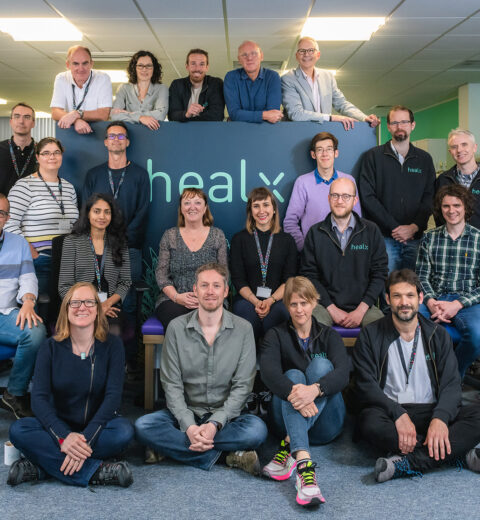
German biotech company BioNTech has confirmed a plan to invest up to £1 billion in the UK over the next decade, significantly expanding its R&D footprint with government backing. This initiative includes two new research centres, with the aim of delivering personalised cancer therapies and scaling AI-driven drug development.
The move deepens a partnership first announced in 2023 between BioNTech and the UK government. That deal laid the groundwork for mRNA cancer vaccine trials in Britain, positioning the UK as a potential launchpad for future treatments.
The first of BioNTech’s new R&D hubs will be based in Cambridge and will focus on genomics, immunotherapy, oncology, and regenerative medicine. A second site, expected to be in London, will serve as the UK base for InstaDeep, the company’s AI subsidiary. This office will house a multidisciplinary team working on algorithmic drug design, predictive modelling, and advanced bioinformatics.
The company says it will enrol up to 10,000 patients in clinical trials by 2030 as part of its personalised cancer vaccine programme. These trials will help develop treatments that use mRNA technology to instruct the immune system to target individual tumours based on a patient’s genetic profile.
Alongside its scientific goals, BioNTech plans to create over 400 skilled jobs in areas such as clinical development, data science, manufacturing, and regulatory strategy. These hires are expected to support a pipeline of experimental treatments aimed at multiple solid tumour types.

This investment arrives at a critical time for the UK biotech sector. Earlier this year, AstraZeneca scaled back a planned £450 million manufacturing facility in the North West, citing cost and regulatory concerns. BioNTech’s decision, by contrast, sends a strong message about confidence in the UK as a base for high-tech life sciences innovation.
It also supports wider UK government ambitions to lead in precision medicine, AI for healthcare, and NHS-integrated clinical research. The funding complements national strategies like the Life Sciences Vision, the 10-year Cancer Plan, and the recent AI in Health and Care Awards.
For biotech professionals and companies in the UK, this move by BioNTech strengthens the local innovation ecosystem, especially in Cambridge and London. It may also increase opportunities for academic collaboration, clinical trial partnerships, and specialist recruitment as the hubs become operational.





